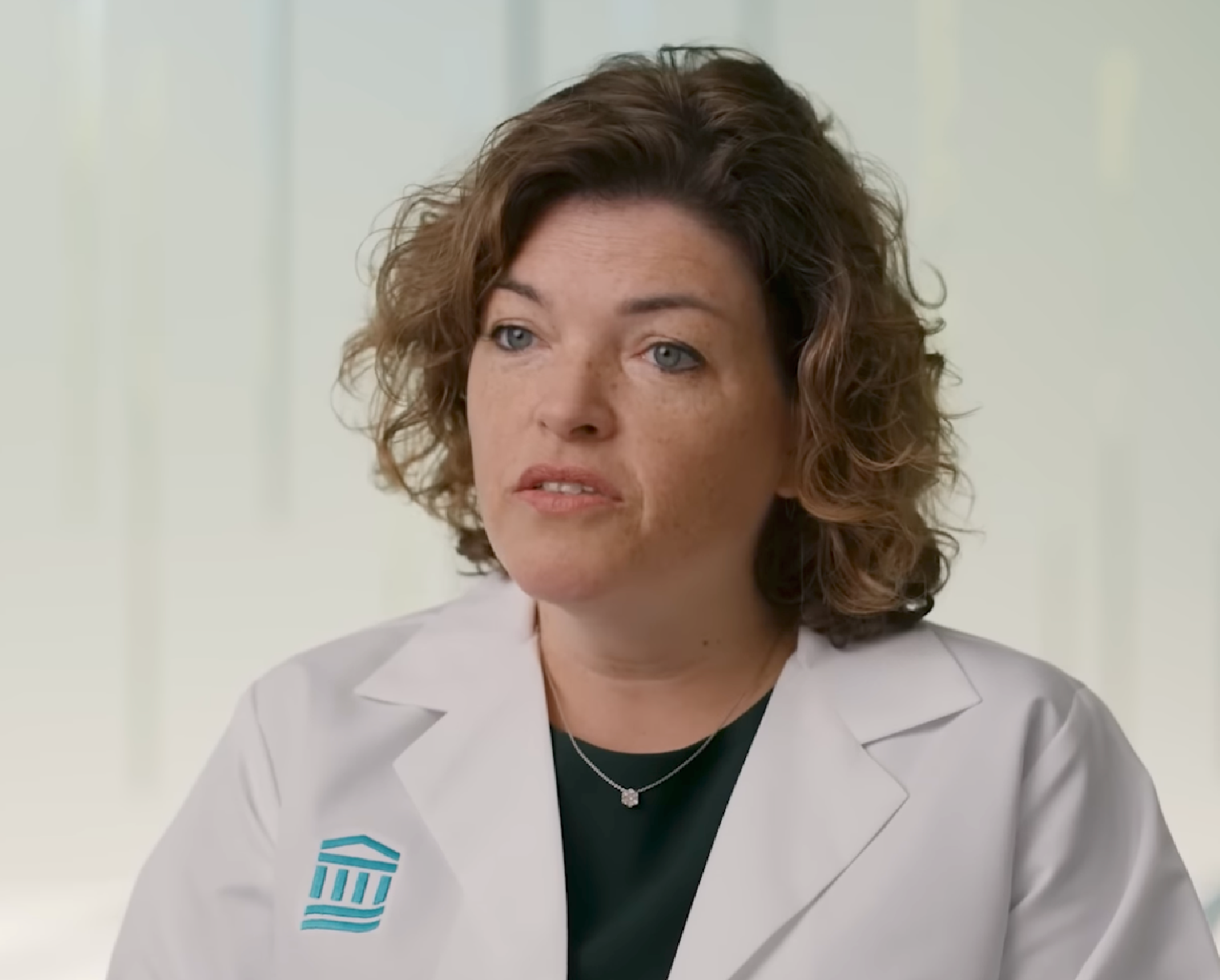
What is diabetes?
This story originally appeared on massgeneralbrigham.org
Diabetes is a chronic health condition that occurs when a person’s blood sugar is too high. Diabetes affects millions of Americans (about 1 in 10 people), but about half of these people don’t know they have it. Americans are developing diabetes at younger ages and at higher rates than in the past.
Over time, high blood sugar can cause health problems, including heart disease, vision loss, and kidney disease. That’s why it’s important to understand how diabetes affects the body, learn about ways to prevent it, and find out how to recognize diabetes symptoms. Early diagnosis and treatment may help you or a loved one prevent serious health complications.
Marie McDonnell, MD, a Mass General Brigham endocrinologist, answers patients’ top questions about diabetes and prediabetes. Dr. McDonnell is chief of the diabetes section in the Division of Endocrinology, Diabetes, and Hypertension at Brigham and Women’s Hospital.
What causes diabetes?
“The body is used to a certain level of blood sugar. And in fact, it’s tightly managed by many parts of the body,” explains Dr. McDonnell. “Diabetes happens when those systems are not functioning normally, and the blood sugar is too high for the body to handle in a normal way.“
Diabetes affects how your body turns food into energy. Your body breaks down most of the food you eat into sugar (called glucose) and releases it into your bloodstream. When your blood sugar levels rise, your pancreas releases insulin. The pancreas is an organ that sits right behind your stomach. When the pancreas releases insulin, insulin then acts like a key to let the blood sugar into your body’s cells for use as energy. Without insulin, the body can’t store and use fuel. If your blood sugar levels are too high, they can impair certain parts of your body’s functions.

Diabetes: Symptoms, Types, and Treatment Options
What is diabetes? What is insulin? How does diabetes affect the body? Marie McDonnell, MD, chief of the Diabetes Section of the Division of Endocrinology, Diabetes, and Hypertension discusses diabetes, including symptoms, types, treatment options, and more.
So how do you know if you have diabetes?
“Diabetes can range from having no symptoms at all to having pretty dramatic symptoms,” says Dr. McDonnell. “So there’s a large spectrum.”
These are common diabetes symptoms. Ask your healthcare provider about testing for diabetes if you:
- Urinate (pee) a lot, often at night
- Are very thirsty or very hungry
- Lose weight without trying
- Have blurry vision
- Have numb or tingling hands or feet
- Feel very tired
- Have very dry skin
- Have sores that heal slowly
- Have more infections than usual
When we identify prediabetes, we can ask that individual to undertake some lifestyle changes that we know are very powerful to prevent the onset of diabetes.
What is type 1 diabetes?
Type 1 diabetes was once known as insulin-dependent or juvenile diabetes. It usually develops in children, teens, and young adults. But it can happen at any age. Type 1 diabetes is less common than type 2. About 5% to 10% of people with diabetes have type 1.
Watch our video on type 1 diabetes
What is type 2 diabetes?
Most people with diabetes have type 2 diabetes (about 90% to 95%). Type 2 diabetes typically develops in people over age 45, but more children, teens, and young adults are developing it.
Watch our video on type 2 diabetes
What is prediabetes?
Prediabetes is a condition where blood sugar levels are higher than normal, but not high enough yet to be diagnosed as type 2 diabetes. More than 1 in 3 Americans has prediabetes, but most don’t know they have it. Having prediabetes increases your chances of developing type 2 diabetes, heart disease, and stroke, but importantly, represents a stage where these conditions are the most preventable.
“When we identify prediabetes, we can ask that individual to undertake some lifestyle changes that we know are very powerful to prevent the onset of diabetes,” says Dr. McDonnell.
“Those would include a mix of exercise, aerobic, and strength training exercises about 150 minutes a week, and a reduced calorie diet. And usually we’re advising people to choose a more of a plant-based diet with leaner proteins, limiting carbohydrates, and choosing high-quality carbohydrates, those that are high in fiber that come from fruits and vegetables. It takes up to 20 years for the body to have a complication related to high blood sugar. Identifying prediabetes actually extends that time to much longer, potentially even preventing any complications at all in a lifetime.”
Diabetes treatment
If you’re diagnosed with diabetes, there are many ways you can manage your condition to prevent or delay complications. Your diabetes care team can help you develop a holistic treatment plan to achieve the best possible outcomes. Your plan may include:
- Eating healthy foods, reducing calories, and limiting carbohydrates
- Staying active
- Taking medications to manage your blood sugar
- Regularly monitoring your blood sugar
- Managing stress
- Getting adequate sleep
- Taking care of your mental health
Your diabetes care team may include an endocrinologist who partners with your primary care provider (PCP) and other specialists to coordinate care for any diabetes-related complications you may develop.